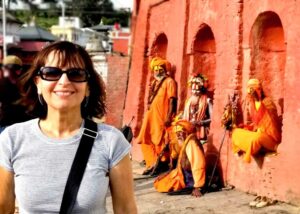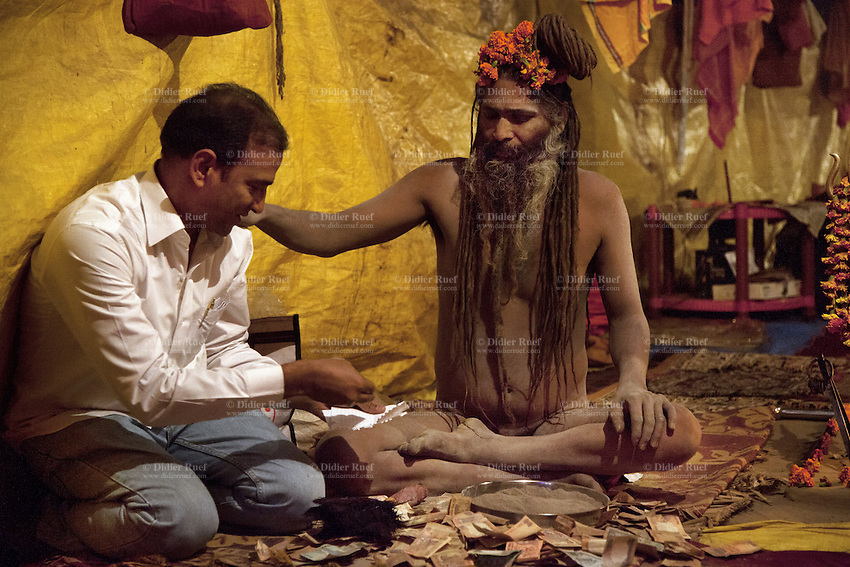Hindu nationalism, often referred to as Hindutva, has not only grown in India but also found fertile ground in the United States. Through advocacy groups, cultural organizations, and political lobbying, proponents of Hindutva have established a significant influence in American institutions, communities, and policy discussions. This phenomenon raises questions about its implications for diaspora communities, U.S.-India relations, and global perceptions of secularism.
1. Origins of the Hindutva Lobby in the U.S.
The rise of Hindu nationalism in America coincides with the increasing prominence of the Indian diaspora, which includes over 4 million people. Many organizations tied to Hindutva ideology have emerged under the guise of promoting Indian culture, religion, or charitable work. These groups often trace their roots to India-based entities like the Rashtriya Swayamsevak Sangh (RSS).
Organizations: Groups such as the Hindu American Foundation (HAF), the Vishwa Hindu Parishad of America (VHPA), and the Overseas Friends of BJP (OFBJP) have been identified as actively promoting Hindutva narratives.
Cultural Outreach: Events like “Hindu Heritage Month” or Diwali celebrations organized by Hindutva-affiliated groups provide opportunities to blend cultural pride with ideological messaging.
2. Influence on Academia and Public Discourse
Hindutva advocates in the U.S. have increasingly sought to influence academia and public discourse, often under the pretense of combating “Hinduphobia” or correcting perceived historical biases against Hinduism.
Textbook Battles: Efforts to modify U.S. school textbooks to portray India and Hinduism in ways aligned with Hindutva ideology have sparked debates. Critics argue that these changes often erase the history of caste oppression and minimize the diversity of India’s religious traditions.
Academic Targeting: Scholars who critique Hindutva or discuss sensitive topics like caste or Hindu nationalism are frequently subjected to online harassment campaigns, often organized by diaspora groups sympathetic to the BJP and RSS.
3. Political Lobbying and Funding
Hindutva-linked organizations in the U.S. have become adept at political lobbying, aiming to influence American foreign policy toward India.
Donations: Donations from diaspora groups to U.S. politicians have been linked to efforts to build bipartisan support for Modi’s government and its policies.
Humanitarian Work: Charitable activities, such as COVID-19 relief efforts or disaster aid, have also been used to enhance the visibility and legitimacy of Hindutva organizations.
Targeting Politicians: Politicians in the U.S., including members of Congress, have faced pressure from Hindutva advocates to avoid taking positions critical of India’s human rights record under the BJP.
4. Challenges and Criticisms
The spread of Hindutva in the U.S. has not gone uncontested. Civil rights organizations, interfaith coalitions, and academic institutions have raised alarms about its impact.
Diaspora Divisions: Indian-American communities are diverse, with significant populations of Muslims, Christians, Sikhs, and Dalits who often feel alienated or targeted by Hindutva rhetoric.
Human Rights Concerns: Critics argue that the Hindutva lobby’s attempts to downplay issues like caste discrimination or religious intolerance undermine broader human rights advocacy.
Global Ramifications: The internationalization of Hindutva complicates U.S.-India relations, particularly in discussions of religious freedom and democracy.
The rise of the Hindutva lobby in America reflects the global concerns of Hindu nationalism. Hindutva has sparked concerns about exclusion, hatred, intolerance, and the erosion of secular ideals. 










